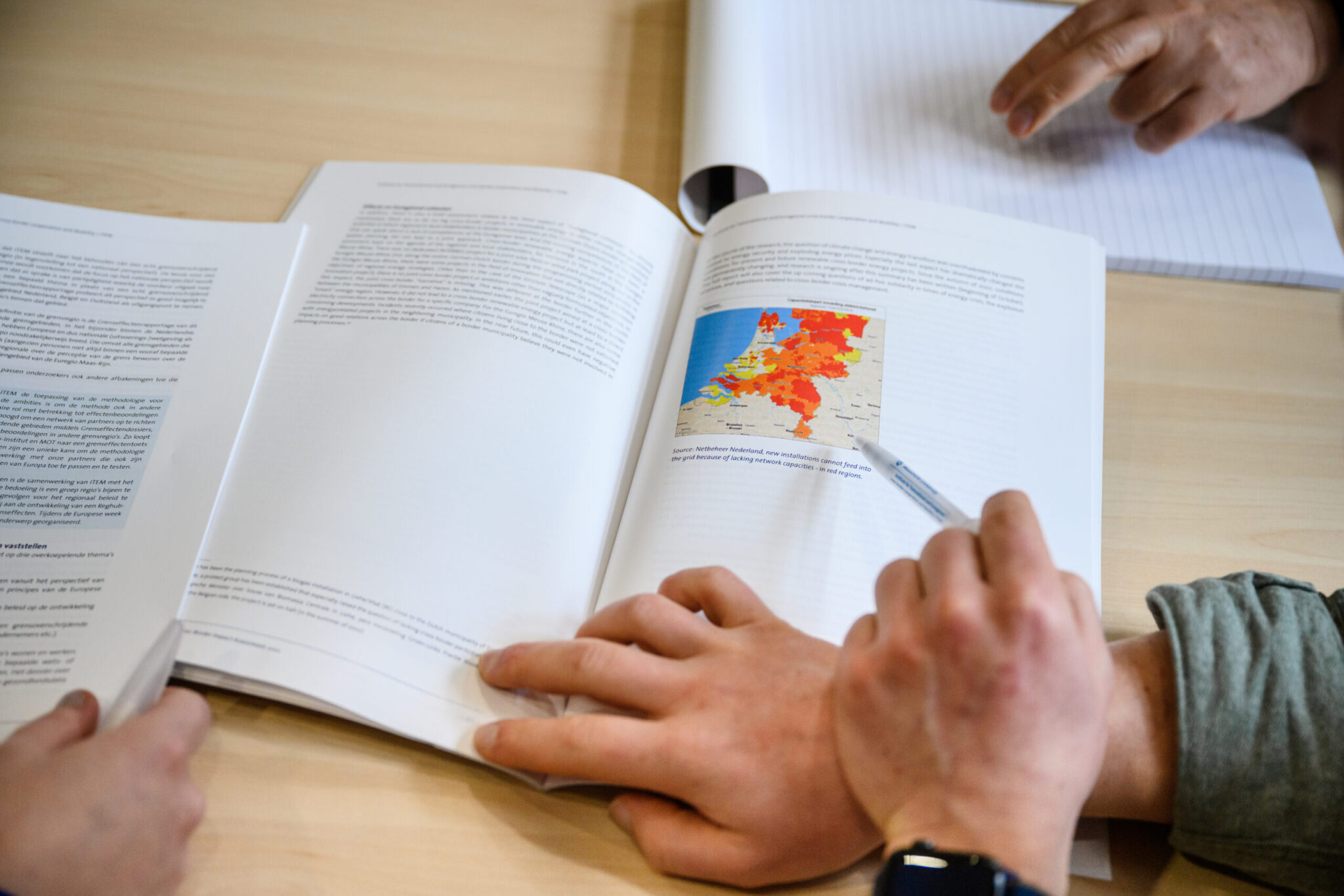What do the shifts of parties in the Provincial Council mean for cross-border cooperation? How do the largest parties view cross-border cooperation? What advice can be given to the members of the States and, when forming a new provincial government, to the Provincial Executive? ITEM provides comments on these issues.
Ahead of the Provincial Council elections on 15 March 2023, ITEM has published a Reflection. Seven of the Netherlands’ 12 provinces border a neighbouring country. The province of Limburg as a whole qualifies as a ‘border region’, according to Eurostat’s definition. Whether it is about strengthening the labour market and economy by exploiting opportunities across the border, or tackling cross-border tasks such as energy transition: it requires attention to the border region and cross-border cooperation. ITEM’s various studies repeatedly show that proper organisation of cross-border cooperation is necessary and it cannot be taken as a given. Yet cross-border cooperation played a modest role, was the general conclusion of the ITEM Reflection. If appointed, it has an economic angle, with wishes not being accompanied by concrete organisational proposals to achieve goals. Strikingly, many cross-border opportunities and/or necessities are not even mentioned. Think of energy transition or healthcare cooperation. In the Next ITEM, the results were discussed with several candidates for the Provincial Council and the Upper House. They all endorsed the importance of cross-border cooperation and the role of the province in this.
By now, all votes have been counted and the election results for each province have been determined. On 29 March 2023, the new Statesmen were installed. In all provinces, BBB became the largest party, including in the border provinces. Together, the cooperating parties of GroenLinks and PvdA are the largest after BBB in many border provinces. Provided the parties actually cooperate on substance. Only in the province of Zeeland do GroenLinks and PvdA actually participate as a joint party.
Volt and JA21 are also, like BBB, parties running for the Provincial Council for the first time. In doing so, they have also secured one or two seats in the border provinces. For the more established parties, as included in the screening of the ITEM Reflection, seats were mostly lost or remained the same.
What do the shifts of parties in the Provincial Council mean for cross-border cooperation? How do the largest parties view cross-border cooperation? What advice can be given to the members of the States and, when forming a new provincial government, to the Provincial Executive? ITEM provides comments on these issues.

